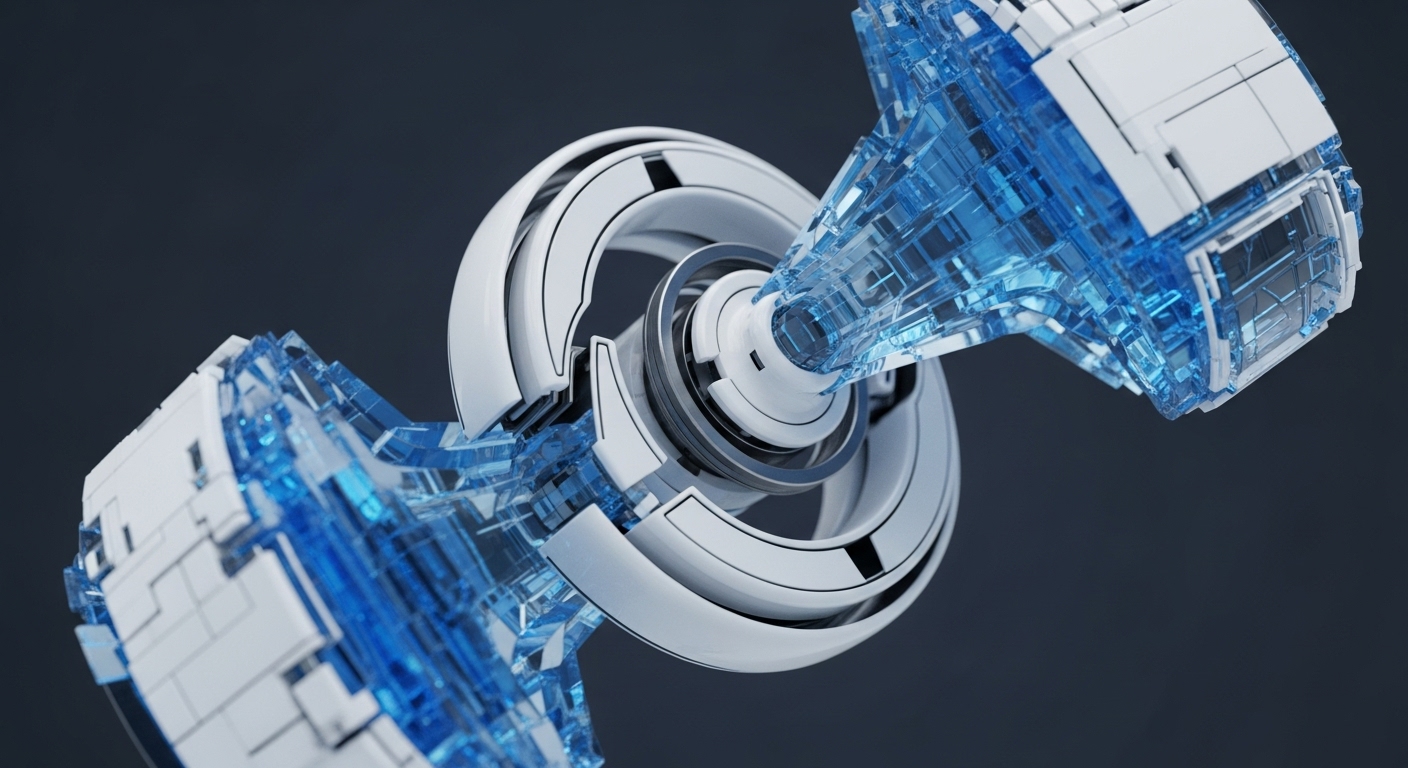
Briefing
The core research problem is the lack of verifiable security and privacy guarantees when outsourcing the parameter-efficient fine-tuning of Large Language Models (LLMs). The paper proposes zkLoRA , a novel cryptographic framework that integrates Low-Rank Adaptation (LoRA) fine-tuning with Zero-Knowledge Proofs (ZKPs) to achieve provable correctness and security. This breakthrough is realized by encoding the complex, mixed-operation computations of Transformer architectures into arithmetic circuits and using advanced primitives like the Hyrax Polynomial Commitment Scheme and Sumcheck protocols to generate a succinct proof of correct execution. The most important implication is the creation of a trustless foundation for decentralized AI, where the integrity of model updates can be publicly audited without compromising the confidentiality of the proprietary model or the private training data.

Context
Before this work, the application of verifiable computation to complex, real-world machine learning models, especially the resource-intensive fine-tuning of large-scale Transformer architectures, remained an unsolved foundational problem. Prevailing methods for fine-tuning, such as LoRA, reduce computational requirements but still operate within a trust-based model → a user must trust the service provider to correctly and honestly execute the fine-tuning process without introducing malicious backdoors or errors. The academic challenge was to bridge the gap between the high computational complexity of LLM operations and the cryptographic overhead of ZKPs, which historically made proving correctness for such large computations impractical.

Analysis
The core idea of zkLoRA is to transform the entire LoRA fine-tuning process → which involves both arithmetic (matrix multiplications) and non-arithmetic (activation functions) operations → into a single, verifiable arithmetic circuit. The framework uses a combination of cryptographic primitives. Specifically, it leverages the Hyrax Polynomial Commitment Scheme (PCS) to commit to the polynomials representing the computation’s witness data, ensuring succinctness and verifiable integrity. The Sumcheck Protocol is employed to efficiently verify the correctness of the circuit’s constraints with logarithmic complexity.
Furthermore, Lookup Arguments are introduced to handle the non-arithmetic operations, mapping them to pre-computed tables and proving correct lookups in zero-knowledge. This systematic combination allows the prover to generate a succinct proof that the LLM was fine-tuned correctly according to the LoRA algorithm, a fundamental departure from previous approaches that could only handle simpler, purely arithmetic computations.

Parameters
- Core ZKP Primitive → Hyrax Polynomial Commitment Scheme – Used to commit to the computation’s polynomials, providing succinctness and integrity.
- Verifiability Mechanism → Sumcheck Protocol – Enables the verifier to check the polynomial constraints with sublinear communication and logarithmic complexity.
- Non-Arithmetic Handling → Lookup Arguments – A technique used to cryptographically prove the correct execution of non-linear operations, such as activation functions, within the zero-knowledge circuit.
- Target Application → LoRA Fine-Tuning – The parameter-efficient method for updating LLMs that zkLoRA secures.

Outlook
This research opens new avenues for the development of fully verifiable and private decentralized machine learning markets. In the next 3-5 years, this theoretical foundation is expected to unlock real-world applications such as auditable model marketplaces, where users can cryptographically verify the integrity of a purchased model update without seeing the weights, and private federated learning, where multiple parties can contribute fine-tuning data without revealing their proprietary datasets. Future research will focus on optimizing the prover’s computational time, exploring hardware-algorithm co-design, and extending the framework to secure other complex, mixed-operation AI architectures beyond the Transformer model.

Verdict
zkLoRA establishes a critical cryptographic bridge between complex, real-world AI systems and the foundational principles of verifiable computation, fundamentally securing the integrity of decentralized machine learning.
